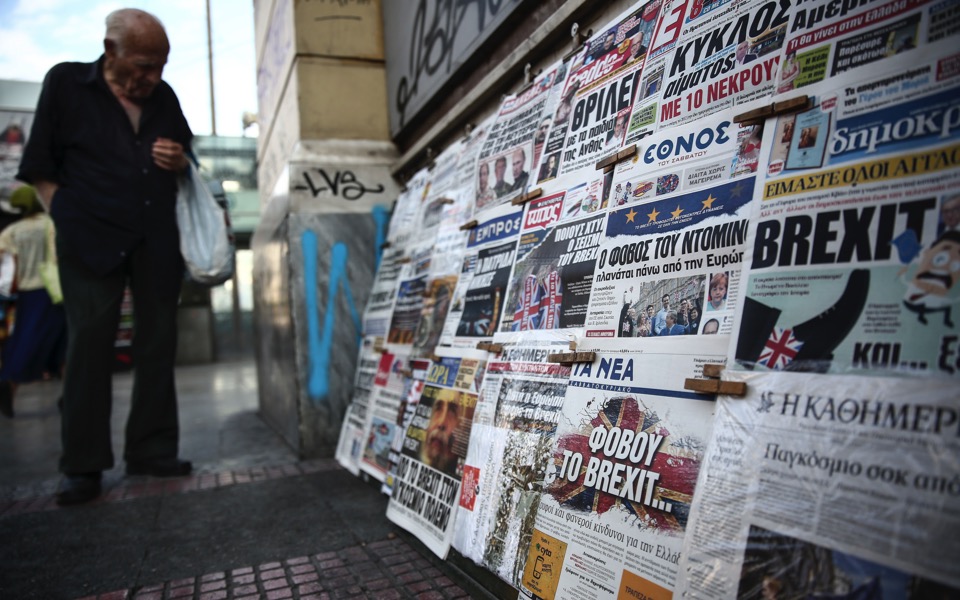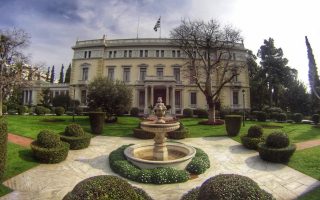Interesting times

It was around this time last year I started getting a sense of the insecurity history tends to generate every 50 or 60 years. It was the days leading up to the Greek referendum on the bailout and I wasn’t sure how the country would fare, whether it would devolve from a mainstream republic into something else. It wasn’t an easy feeling for those of us who grew up taking certain things for granted. My generation grew up believing every year would be better than the one before, Greece would alway be safe in the West’s harbor and the country was on an upward path.
The crisis that hit in 2009 shattered many of these certainties but we still felt that we would survive the fall. We did come close to the abyss but the instinct for self-preservation kept us from making the jump. We chose the quagmire over the abyss.
It is now clear we were not the only ones going through such a crisis – it is evident all over the world, particularly in the West. I remember former European Commission president Jose Manuel Barroso saying several years ago that nothing should be ruled out in Europe, not nationalist movements, not dictatorships, nothing. He attributed this uncertainly to Europe’s inevitable comparative pauperization. I thought his statement ludicrous back then but it is now clear he saw things in the future the rest of us had failed to consider. I also remember David Cameron explaining why he chose to hold a referendum on Britain’s European future. It was obvious he was making a historic decision on the basis of his political concerns and public opinion polls only. Perhaps more than anyone else, Cameron represents the kind of leader who is completely unfit for a time of rapid developments and uncertainty.
Now, the tsunami of populism is sweeping across America, as well as Europe. Frightened citizens are calling on their leaders to stop the train of globalization from derailing. Social media provide a platform where people can express their grievances and stoke their rage, while the ongoing debate about immigration and Islam pushes the more fervent populists to the extremes.
The causes of rage are not always economic. The only term I can think of to describe these people is precariat, as opposed to proletariat. This means a class living a precarious existence, without security or predictability. They may get by somehow, but with no certainty that they can continue to just get by or that their children will have a better life.
Greece may have survived its referendum but that does not mean its tribulations are over, because all of a sudden, we all feel the shadow of uncertainty descending on Europe once more. “May you live in interesting times,” the Chinese curse goes. And no one can deny that, right now, we certainly do.





